WE HAVE MOVED!
Check out our exciting new website for great resources, community, courses and more!
Pre-Field - Calling
Return to Pre-Field Map
Prospective Field Worker

Sender
Knowing our calling should be an important issue for every Christ-follower. It is not only missionaries who need that. We should all aspire to pick a career and/or engage in a ministry that fit with how God made us and with His highest purpose for our lives. And we all need His guidance in what jobs to take and where. A cross-cultural missions calling is a challenging one and not to be undertaken lightly. Sensing a call is only the first step. You need to take time early on to check out whether you have any romantic illusions about living and working abroad (we promise you it will not be a perpetual holiday!) There might be some serious reality checks needed, this is why the next step, confirming is so important.
When someone comes forward to say they feel called to go to the mission field (or to serve in a secular job as a believer overseas), what do you do? The church needs an on-boarding method or process and, first of all, a way of assessing both the validity of the call and the readiness of the person concerned. The church’s role in evaluating a call is critical. Sad statistics speak to the fact that one-third of those who “leave the field prematurely for preventable reasons” (the definition of ‘missionary attrition’) should not have gone in the first place or should at least have been held back till they were better prepared and equipped. So don’t assume that someone is ready for the challenge of cross-cultural mission in another nation just because they ‘feel called’. The call needs to be tested, and the candidate’s maturity and readiness need to be assessed.

Prospective Field Worker
Knowing our calling should be an important issue for every Christ-follower. It is not only missionaries who need that. We should all aspire to pick a career and/or engage in a ministry that fit with how God made us and with His highest purpose for our lives. And we all need His guidance in what jobs to take and where. A cross-cultural missions calling is a challenging one and not to be undertaken lightly. Sensing a call is only the first step. You need to take time early on to check out whether you have any romantic illusions about living and working abroad (we promise you it will not be a perpetual holiday!) There might be some serious reality checks needed, this is why the next step, confirming is so important.

Sender
When someone comes forward to say they feel called to go to the mission field (or to serve in a secular job as a believer overseas), what do you do? The church needs an on-boarding method or process and, first of all, a way of assessing both the validity of the call and the readiness of the person concerned. The church’s role in evaluating a call is critical. Sad statistics speak to the fact that one-third of those who “leave the field prematurely for preventable reasons” (the definition of ‘missionary attrition’) should not have gone in the first place or should at least have been held back till they were better prepared and equipped. So don’t assume that someone is ready for the challenge of cross-cultural mission in another nation just because they ‘feel called’. The call needs to be tested, and the candidate’s maturity and readiness need to be assessed.
Resources
- Blog: What Cross Cultural Mission Is & What It Isn't!
- Video/Blog: Does Everybody Need a Call
- Blog: What does it take to send a missionary?
- Video/Blog: Testing Your Call
- Video/Blog: Why it's important to know your call
Check out Scatter Global, which equips people to work as part of God's mission in jobs other than full-time ministry. If you're considering a call to the nations, it may be God wants to use your existing unique skillset in a new place.
Sending Creates a Sending Identity by Bryan Nicholson (Free registration required to read).
